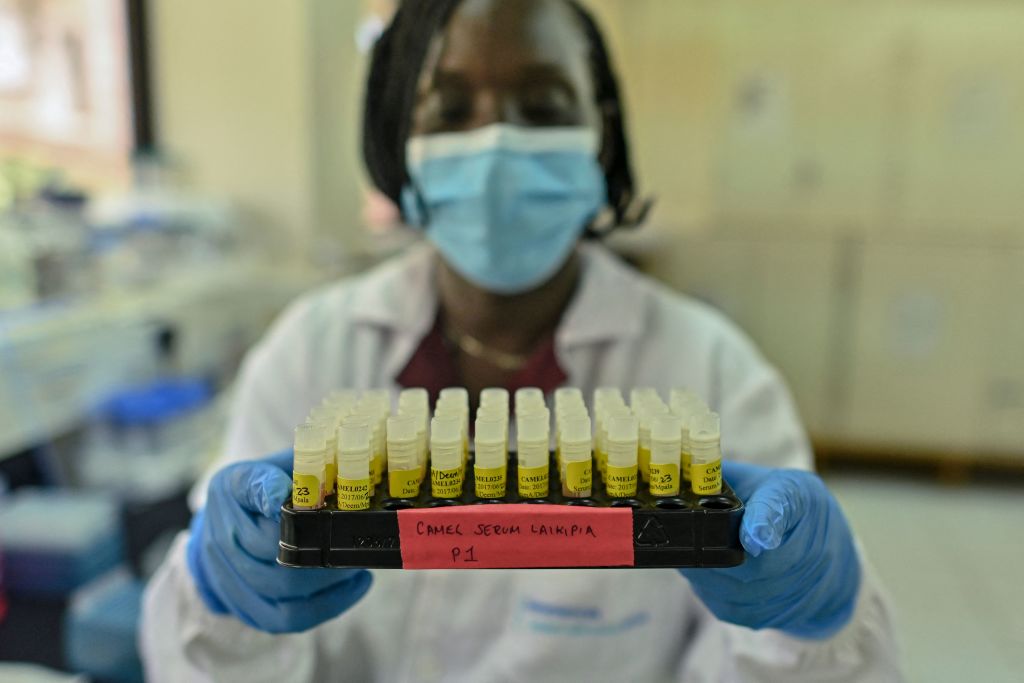ADF STAFF
In the continuing effort to understand the condition known as long COVID, one new study puts some of the blame on the effects of key virus particles that can linger in the body well after the primary infection has passed.
The study, published in the journal Clinical Infectious Diseases, found evidence that some long COVID sufferers’ immune systems were still fighting the spike proteins that the virus uses to invade cells as much as a year after the original infection.
By some estimates, about a quarter of people who recover from COVID-19 develop symptoms connected to long COVID. Long COVID has not been medically defined, but it appears to involve a range of about 200 different symptoms involving several organs of the body.
Long COVID is connected to heart problems and breathing difficulties. It has been associated with microscopic blood clots circulating in the body. Some research noted symptoms similar to autoimmune diseases. But long COVID’s most common symptoms are fatigue and problems thinking clearly — a condition known as “brain fog.”
“There are no symptoms that are truly specific to long COVID, but it does have certain characteristics that fluctuate,” Olivier Robineau, the long COVID coordinator at France’s Emerging Infectious Diseases research agency, told AFP. “Fatigue remains in the background.”
Researchers in Boston compared blood samples from a group of patients who had recovered from COVID-19, most of whom were experiencing symptoms of long COVD. Of those, nearly 81% were female, an indication, the researchers report, of the degree to which long COVID differs by gender.
Researchers looked at three sets of antibodies the body produces in response to a COVID-19 infection: antibodies against the full spike protein, antibodies against part of a spike protein and antibodies against nucleotides — the genetic material inside the virus.
Nucleotide antibody levels typically are used to determine whether someone has recovered from an infection. However, the new research suggests that that approach might be misguided.
In 60% of long COVID cases, researchers found antibodies to the virus spike proteins. None of those antibodies turned up in the blood samples from people without long COVID symptoms.
Multiple studies show that the more severe the initial infection, the more likely patients are to develop long COVID and to show symptoms quickly after recovering from the primary infection.
For many long COVID patients, spike antibody levels remain high for several months after their infection.
More than 70% percent of patients with high levels of post-recovery spike proteins also reported persistent long COVID symptoms such as heart problems, upper respiratory issues and muscle aches. The greater the number of body systems involved in long COVID, the greater the chance the patient would test positive for lingering spike proteins in their blood.
The organs experiencing long COVID symptoms might indicate where the spike proteins are hiding within the body and causing inflammation, according to the study.
The research team suggests that testing patients for COVID-19 spike proteins circulating in the blood will be a way to know whether someone is suffering from long COVID.
“Although our sample size is small, the detection of spike [proteins] at multiple time points 2-12 months after infection is compelling,” the researchers state. They added, “The presence of circulating spike [proteins] supports the hypothesis that a reservoir of active virus persists in the body.”

